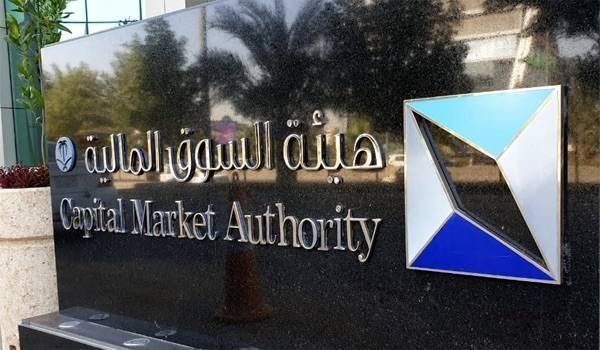The Capital Market Authority (CMA) recently announced penalties imposed on three employees of Abdullah A. M. Al-Khodari Sons Co. for violating various provisions of the Capital Market Law. The penalties included a total of SR 3.95 million in fines and six months in jail for one of the employees. The Appeal Committee for the Resolution of Securities Disputes (ACRSD) under CMA convicted Sohail Sa’eed Mohammed Sa’eed, Kailash Nath Sadangi, and Fawaz bin Abdullah bin Abdulmohsen Alkhodari, for performing acts that inflated the revenues of four construction projects in the company’s financial statements over a period of seven years.
The violations included the use of incorrect costs in calculating project completion percentages, as well as the failure to prove losses related to six construction projects withdrawn from the company in the financial statements. These actions were found to be in violation of Article 49/a of the Capital Market Law, Article 7 of the Market Conduct Regulations, and Article 211/a of the Companies Law. Additionally, the individuals were found to be concealing the company’s financial position, going against International Financial Reporting Standard and International Accounting Standard.
As a result of the convictions, Fawaz bin Abdullah bin Abdulmohsen Alkhudari, the Chief Executive Officer of the Company, was sentenced to six months in prison and fined a total of SR 3.65 million. Sohail Sa’eed Mohammed Sa’eed was fined SR 100,000, and Kailash Nath Sadangi was fined SR 200,000. Furthermore, all three individuals were banned from working in companies whose shares are traded in the Saudi Exchange for a period of three years.
The penalties imposed by the CMA highlight the importance of adhering to regulations and laws governing the capital market in Saudi Arabia. Companies and individuals involved in financial activities must ensure compliance with all legal requirements to maintain transparency and integrity in reporting financial information. Any violations of these laws can result in severe penalties, including fines, imprisonment, and bans from working in the sector.
It is essential for companies and their employees to conduct their financial activities ethically and in accordance with established standards to avoid legal repercussions. By following the regulations set by the CMA and other regulatory bodies, companies can maintain their reputation and credibility in the market. This case serves as a reminder for all entities operating in the capital market to prioritize compliance and accountability in their financial practices.
Moving forward, it is imperative for companies to implement robust internal controls and oversight mechanisms to prevent violations of capital market laws. By investing in training and education for employees on compliance and ethics, organizations can mitigate the risk of legal issues and uphold their commitment to transparency and integrity. Adhering to regulatory requirements is not only a legal obligation but also a fundamental principle of good corporate governance.
In conclusion, the penalties imposed on the employees of Abdullah A. M. Al-Khodari Sons Co. by the CMA serve as a warning to the financial sector in Saudi Arabia. Compliance with capital market laws and regulations is crucial for maintaining trust and stability in the market. Companies and individuals must prioritize ethical conduct and transparency in their financial activities to avoid facing similar consequences. By upholding the highest standards of integrity and accountability, organizations can protect their reputation and build long-term success in the competitive business environment.





















